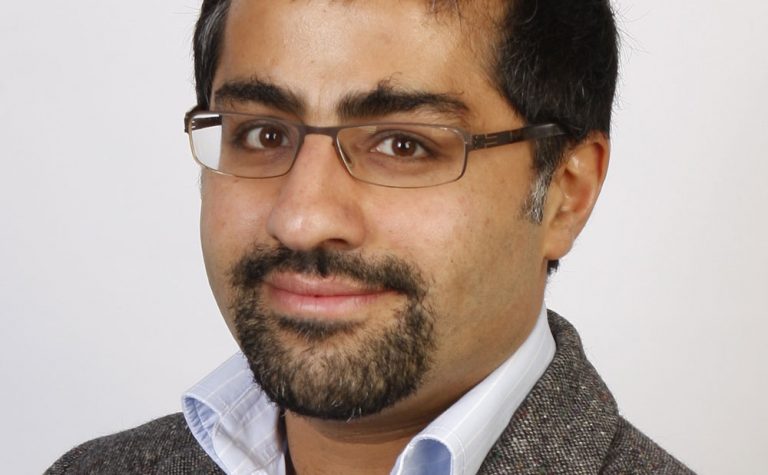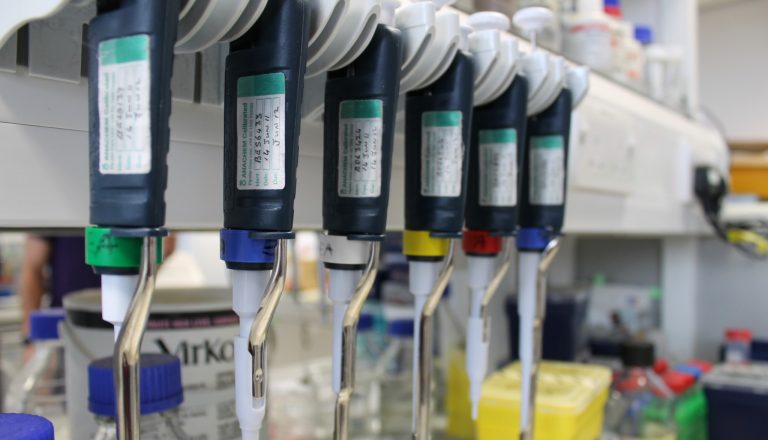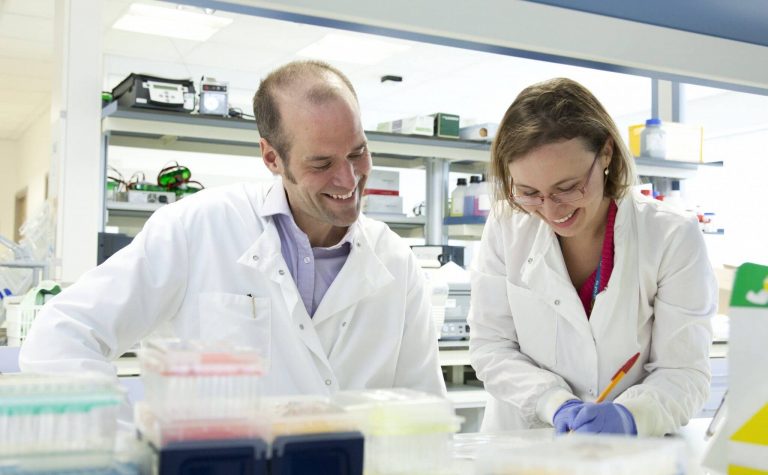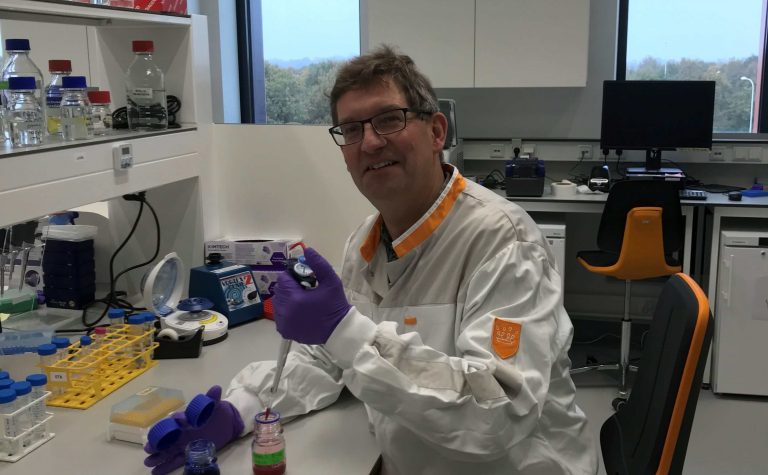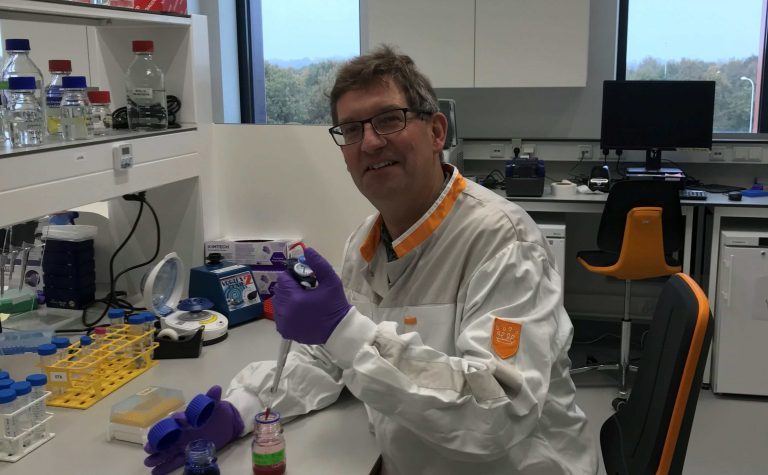Rhabdomyosarcoma is a form of soft-tissue sarcoma that starts in the muscle cells, but its biology is not well understood. The cancer is thought to originate from foetal cells that have developed incorrectly. These cells don’t usually exist after the child is born, but they somehow persist in children with rhabdomyosarcoma. Understanding why this happens is essential for improving how we treat the disease. Dr Sam Behjati and his team are building a brain atlas – a guide to the genetic landscape of the foetal cells in children with rhabdomyosarcoma. They hope to use their findings to identify targets for new treatments.
This project is co-funded with Cancer Research UK as part of the Cancer Research UK–Children with Cancer UK Innovation Awards. Children with Cancer UK has contributed £377,000 towards this research project, the total cost of the project is £754,000
